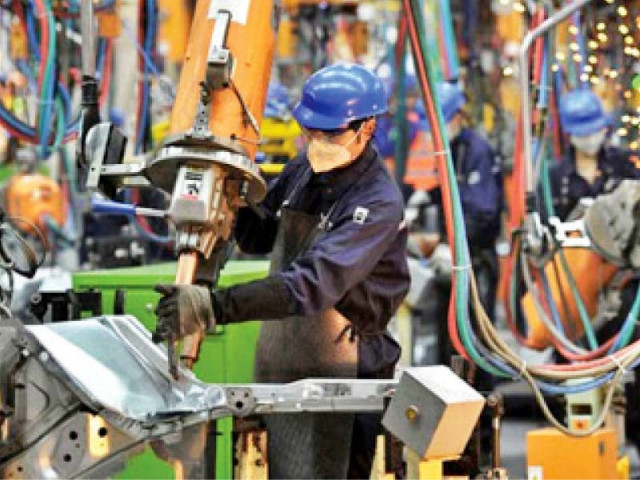‘Pakistan has reversed de-industrialisation’
Commerce adviser says govt’s pro-industry policies contributed to growth in LSM sector

Pakistan Tehreek-e-Insaaf government aide has claimed to reverse de-industrialisation in Pakistan.
Taking to his official Twitter handle, Adviser to Prime Minister on Commerce and Investment Abdul Razak Dawood tweeted, “I am glad to share that the large scale manufacturing (LSM) sector grew at 16-year high level of 14.85% in fiscal year 2021.”
He further wrote, “The de-industrialisation that was taking place in Pakistan has now been reversed and this has been made possible due to the government’s pro-industry policies.” According to a research report published by Arif Habib Limited, large scale manufacturing industries (LSMI) output witnessed an increase of 14.8% year-on-year during fiscal year 2020-21, which is the highest growth since fiscal year 2005. The textile sector recorded a growth of 4% on the back of an uptick in textile exports post-pandemic as Pakistan managed to get orders diverted from regional countries including India and Bangladesh due to lockdown and severe Covid-19 outbreak in these countries.
Federation of Pakistan Commerce and Industries (FPCCI) former president Zubair Tufail said the smart lockdown strategy of the government was an outstanding step to contain effects of Covid-19 pandemic that kept the industry alive resulting in significant export enhancement.
The decision to implement smart lockdown gave Pakistan a considerable edge compared to other textile producing countries, he said.
“Pakistan kept the textile producing industry functional which boosted the country’s textile exports to various destinations particularly to the UK where Pakistan made significant increase in export for $2.025 billion in the fiscal year 2021 against $1.522 billion in 2020,” he added. The report added that non-metallic mineral product posted growth of 3.3% mainly due to robust cement dispatches on the back of strong demand amid PM construction package.
Moreover, automobile sector also contributed 2.2% keeping in view the significant auto demand due to lower interest rates, higher agriculture output and overall positive momentum in economic activity.
However, some see the upward trajectory differently saying it would not have been higher if it was not for the low base last year. “The growth is largely due to low base effect, as it was quite low last year due to Covid-19,” said Centre for Peace and Development Initiatives (CPDI) CEO Mukhtar Ahmad Ali while speaking to The Express Tribune.
Published in The Express Tribune, August 17th, 2021.
Like Business on Facebook, follow @TribuneBiz on Twitter to stay informed and join in the conversation.



















COMMENTS
Comments are moderated and generally will be posted if they are on-topic and not abusive.
For more information, please see our Comments FAQ